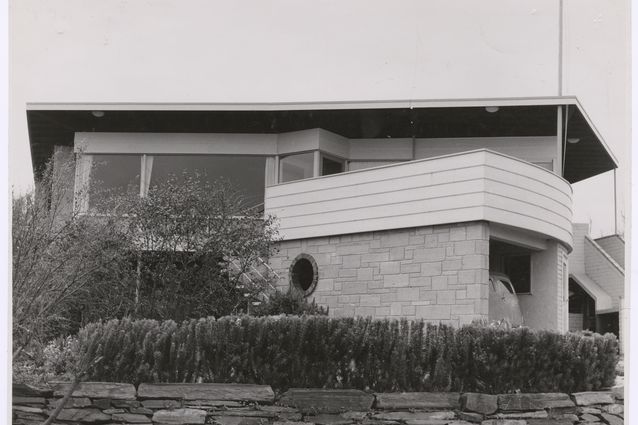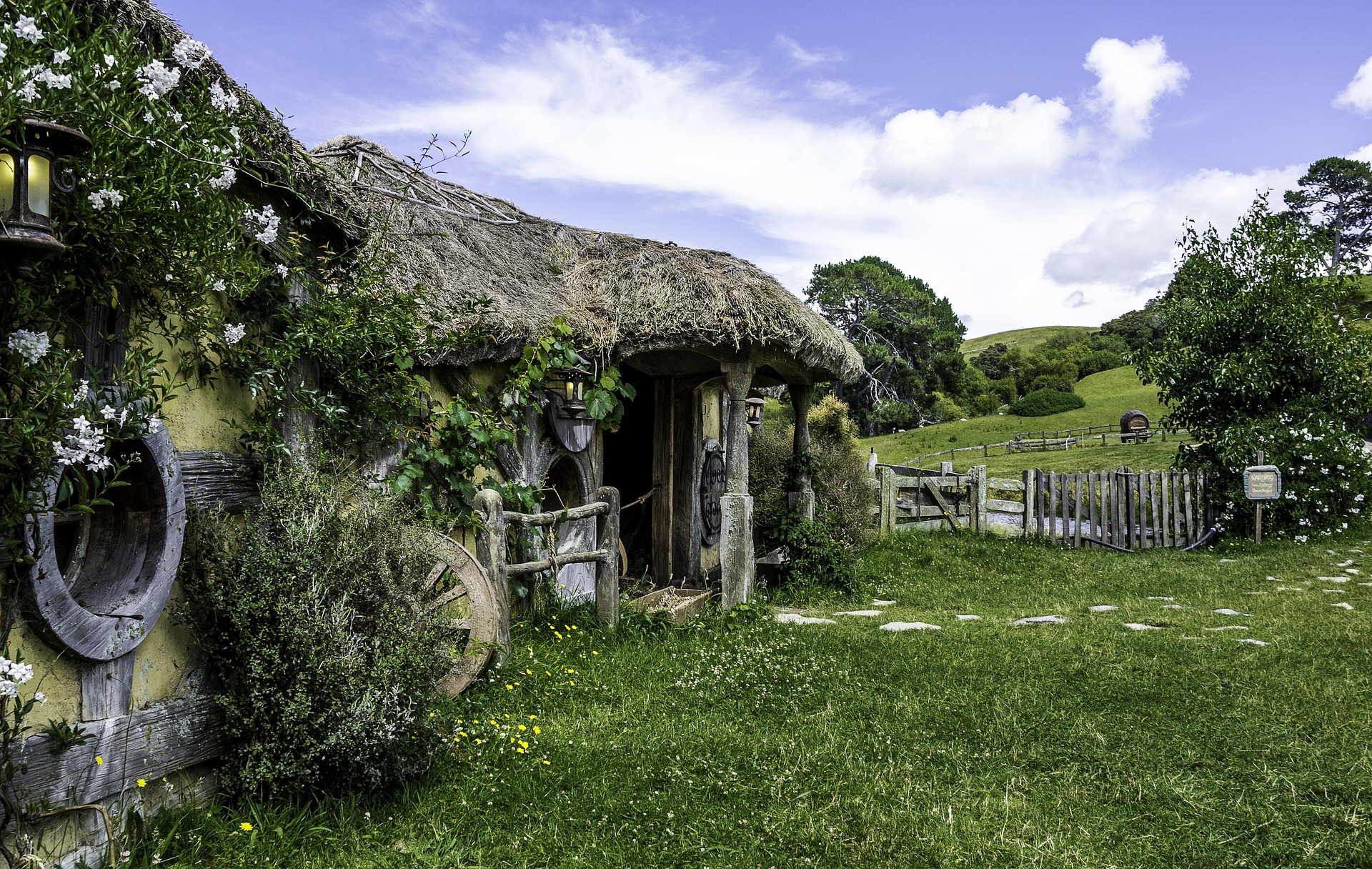As the architect who designed the Smithsonian National Museum of African American History and Culture in Washington D.C., Ghanian-British architect Sir David Adjaye knows a thing or two about how buildings can shed light (both figuratively and formally) on neglected histories; so when the Commonwealth War Graves Commission (CWGC) sought to build a memorial in Cape Town honoring Black South Africans who gave their life in World War I only to go unrecorded in history, Sir David Adjaye was the perfect choice to serve as Creative Advisor on the project.
In his newly appointed position, Adjaye will chair the jury for the Cape Town Memorial architectural competition. The commission invited all professional architects and architectural technologists registered with the South African Council for the Architectural Profession (SACAP) to enter the competition by early June. The winning design will be announced at the end of August.
“I’m delighted to work with the CWGC as Creative Advisor on their Non-Commemoration Project,” said Adjaye in a press release, “It presents an opportunity to address the imbalances that have happened in terms of commemorating the contributions and sacrifices made by certain ethnic groups that have not been acknowledged or recognised to date. It’s so important that people remember the fallen. We can craft a new generation of memorials and monuments that serve to create a dignified legacy—with equal dignity for all of those who sacrificed their lives.”
The memorial will be located in the historic Company’s Gardens in Cape Town, South Africa, near the Delville Wood monument—another landmark commemorating fallen South Africans in World War I.
The Cape Town Memorial will commemorate 1,600 men, most of whom died serving in labor units, including the Cape Colored Labor Regiment, Cape Auxiliary Horse Transport, the Military Labor Bureau, and the Military Labor Corps. Until now, the men who, during the war, transported enormous quantities of supplies around Africa, had gone unrecorded, their sacrifice unrecognized. The CWGC hopes that the Cape Town Memorial memorial will be an important step in rectifying gaps in commemoration and ensuring that all service people who died in the two world wars will be honored.
“Sir David will help the CWGC take tangible steps to honour those who served and died but were overlooked. Too many people were casualties, not just because of the conflict of the World Wars, but of indifference to their service, suffering and sacrifice,” said Claire Horton, Director General of the CWGC.











